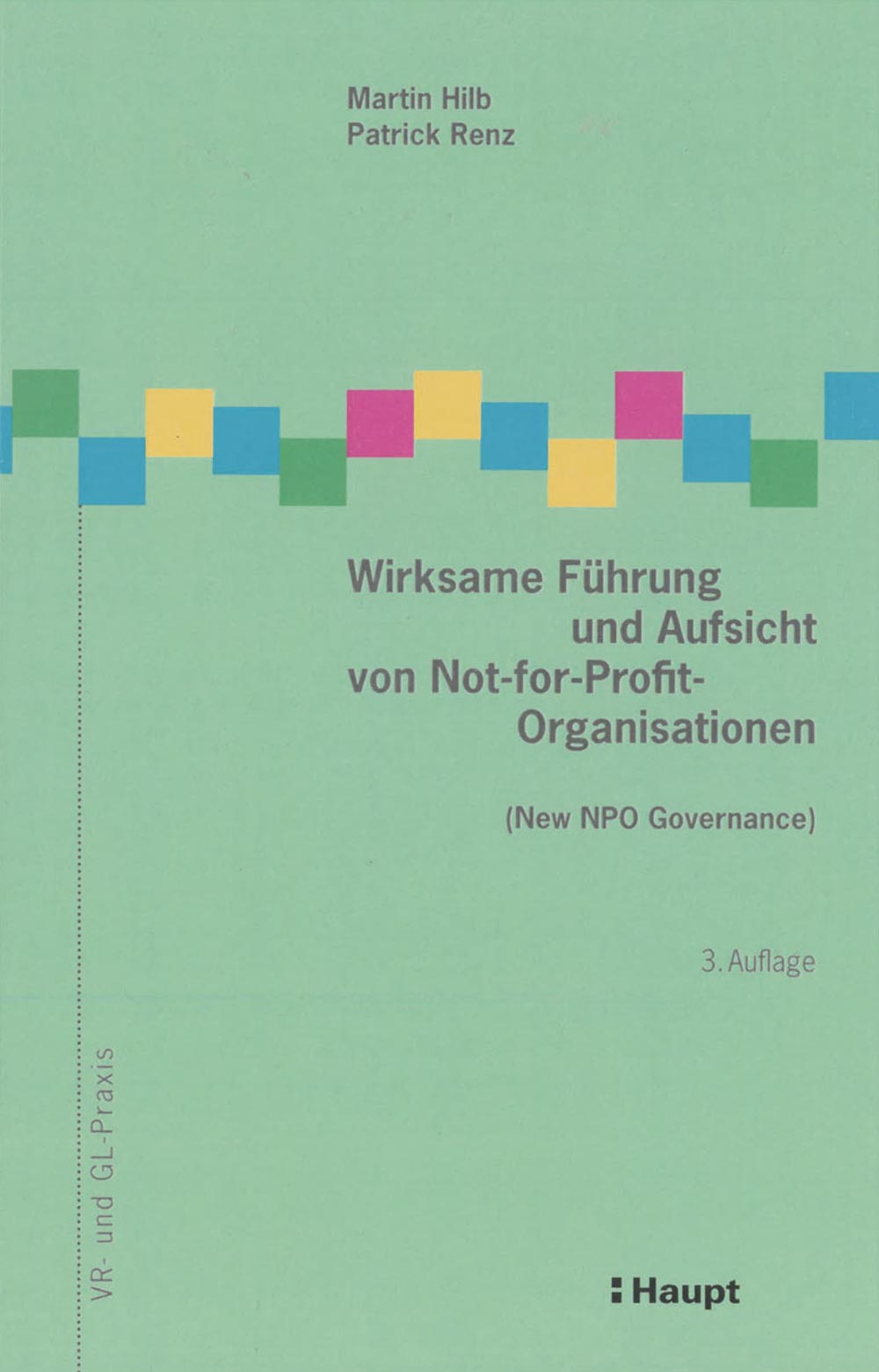Wirksame Führung und Aufsicht von Not-for-Profit-Organisationen

Not-for-profit Organizations (NPOs) differ from for-profit organizations only in that profit is not their goal, but merely a possible consequence, and that the members of their supervisory boards usually do not receive fees, although they are equally liable as remunerated board members of for-profit organizations. In the first part, Martin Hilb deals with the strategic dimension of effective management and supervision of NPOs: the board as a design and controlling team. In the second part, Patrick Renz addresses the operational dimension of NPOs: governance implementation by the board and operational project management in NPOs.
- Board Views
From Corporate Governance of Sustainability to Sustainable Corporate Governance
What is the best way to integrate sustainability into the corporate governance framework? Boards of directors have chosen two distinct paths: the functional way, which focuses on corporate governance of sustainability, and the foundational approach, which leads to sustainable corporate governance. This article assesses the merits and limitations of both approaches and calls for a transition to sustainable governance. This requires board members to engage regularly with stakeholders and to continuously debate the underlying assumptions to further develop the governance framework as required.
- Board Views
The Multipurpose Corporation as a Driver for Sustainable Value Creation
The nature of the debate on the role of business in society strongly suggests a cyclical nature, with constant attempts to balance different interests and perspectives. To overcome the illusion of solving this conundrum, this article proposes an alternative approach, multipurpose capitalism. It posits that companies should compete not only on their products and services, but also on their different purpose profiles. It is left to consumers, workers, and investors to decide where to shop, work, and invest. The article offers a framework and methodology to create a comprehensive ecosystem that enables this matching process and suggests ways to overcome the challenges along the way.
- Board Views
The Board as Driver of Sustainable Change
Promoting a sense of responsibility is often seen as a benchmark for good corporate governance. The article argues for extending the discourse of responsibility to corporate citizenship and for understanding sustainability initiatives as innovation processes. The Board of Directors has a central role to play here, both in interpreting social change and in creating the conditions for successful implementation of social impact initiatives.












